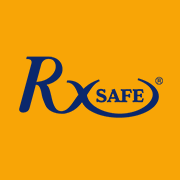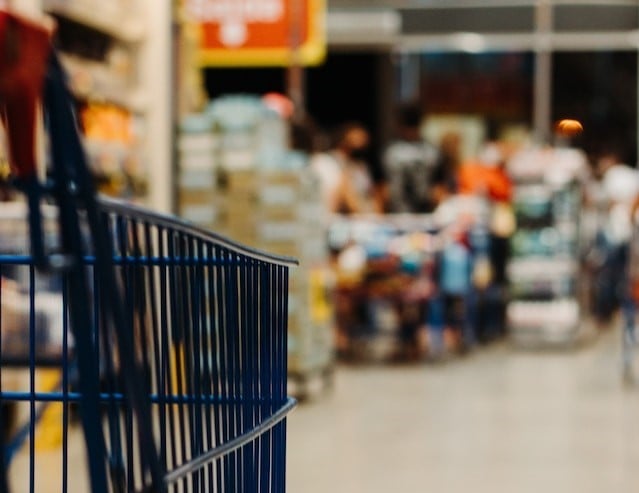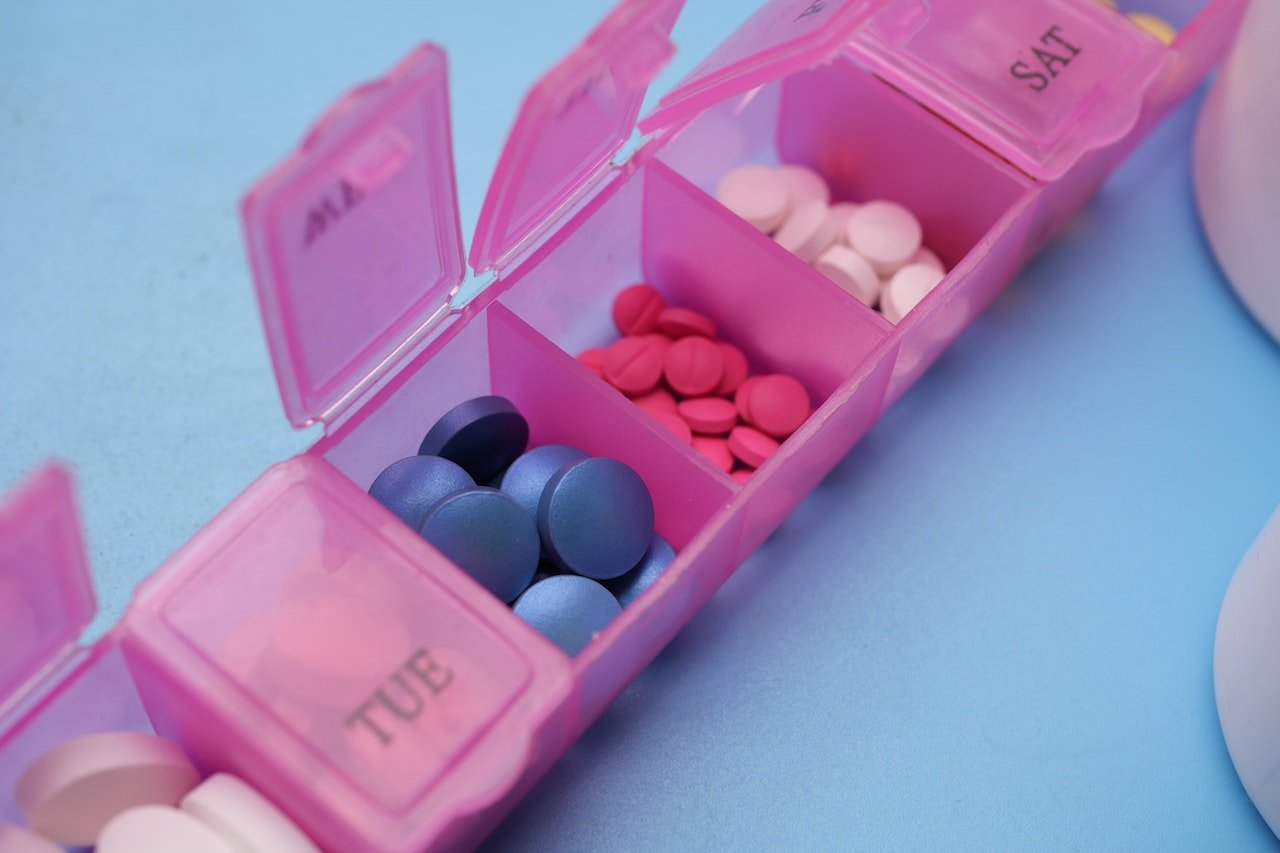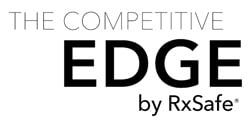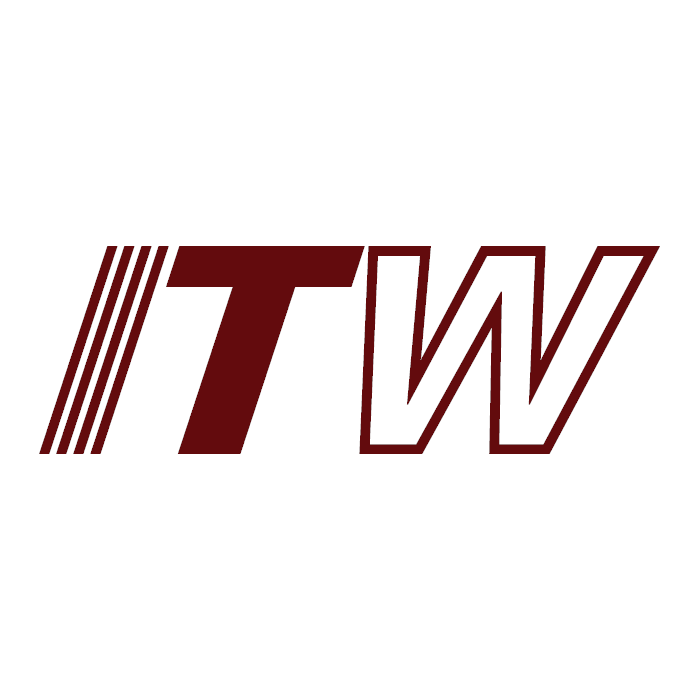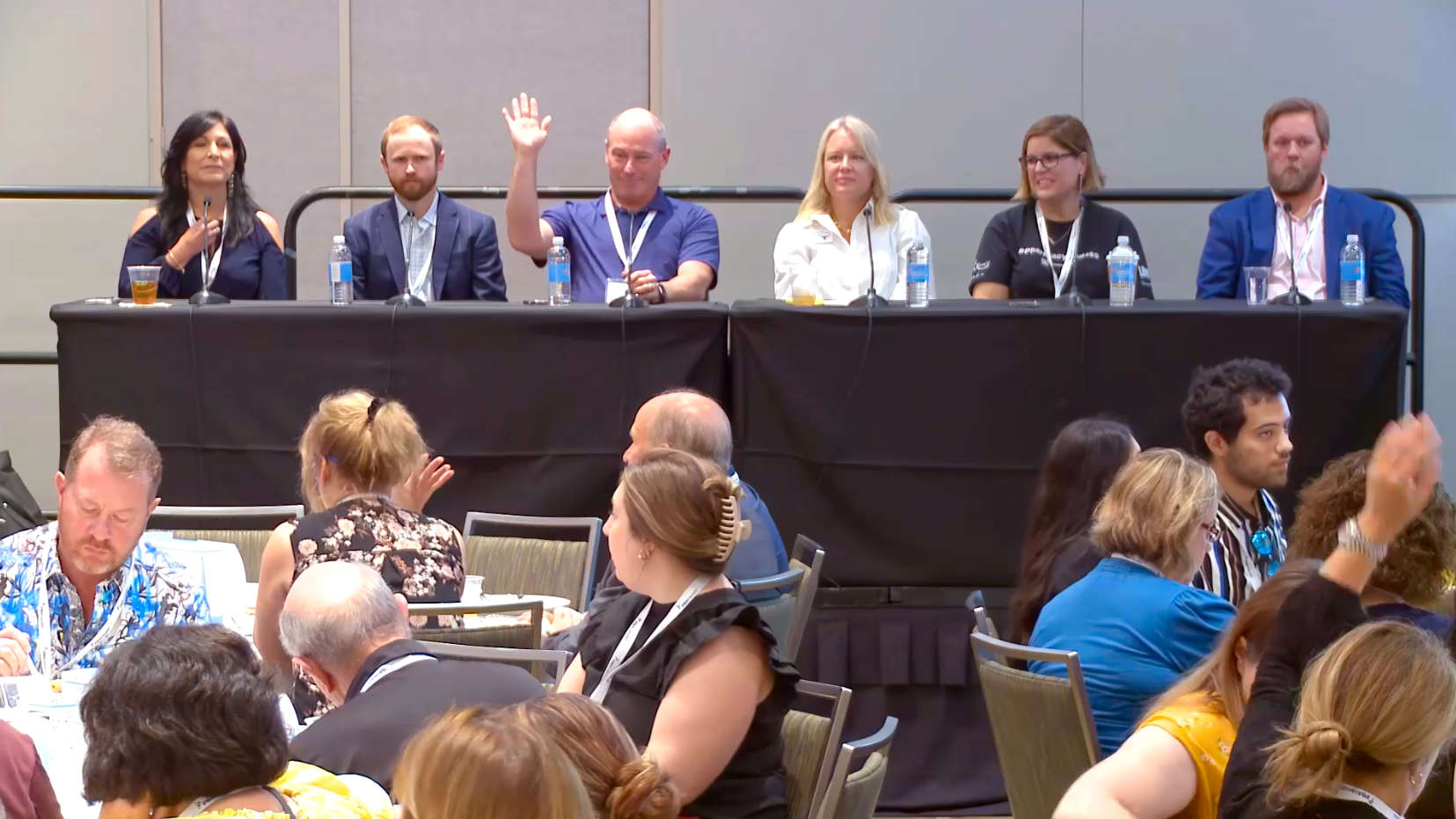For years, we’ve been telling pharmacy owners that medication non-adherence costs the United States more than $310 billion each year in preventable health costs, according to a 2008 study published in the Journal of Managed Care Pharmacy.
As staggering as that number may sound, a new study shows that lack of medication adherence, and the resulting illnesses, hospitalizations and deaths, has skyrocketed costs to more than half a trillion dollars annually.
According to research published last year in the Annals of Pharmacotherapy, the estimated annual cost of prescription drug-related morbidity and mortality resulting from non-optimized medication therapy was $528.4 billion, in inflation-adjusted 2016 US dollars.
/The%20Tower%20of%20reams%20of%20dollars%20aspirations%20in%20heaven.%20The%20symbol%20of%20financial%20success.jpeg?width=1000&name=The%20Tower%20of%20reams%20of%20dollars%20aspirations%20in%20heaven.%20The%20symbol%20of%20financial%20success.jpeg)
That figure represents 16% of total US healthcare expenditures in 2016, compared to 13% in 2008, and just 8% in 1995. In short, the non-adherence problem appears to be getting worse.
“Public attention and recent US Congressional activity has intensified focus on escalating medication prices,” the study’s authors wrote. “However, the actual cost of medication use extends beyond the up-front cost of purchasing medicines. It also encompasses the additional medical costs of morbidity and mortality resulting from non-optimized medication regimens, including medication nonadherence.”
The authors estimated the preventable cost of non-adherence by examining the fallout from patients who experienced treatment failure and/or a new medical problem after initial prescription use. The researchers then followed different medical “pathways” following patient non-adherence, including:
- Hospital emergency department visits (outpatient care);
- Admission to hospital (inpatient care);
- Admission to long-term-care facilities;
- Additional physician visits; and
- Additional drug costs required due to non-optimized medication therapy.
The study’s authors concluded that addressing the non-adherence problem will require a systematic approach to medication management to reduce the number of patients experiencing treatment failure and new medical problems resulting from non-optimized medication therapy.
It’s hard to disagree with that conclusion, but large questions remain: exactly who is going to take the lead in improving medication adherence, and how are they going to make it happen?
RxSafe founder and CEO, William Holmes, has some definite opinions on that, and not just because RxSafe sells adherence automation solutions. Holmes’ father experienced an adverse drug event in 2005, and as a result was hospitalized for six months. Up to 25% of all hospital admissions are caused by medication non-adherence, according to the Journal of Managed Care Pharmacy study cited above.
Who? Community pharmacists
Holmes believes there are four main factors that influence who has the opportunity to have the biggest impact on medication adherence:
- Who is closest to their patients?
- Who do patients trust the most?
- Who is best positioned to offer the solution?
- Who is the most entrepreneurial?
“When you look at these criteria, I don’t think you can come to the conclusion that Walgreens, Walmart or Amazon are going to solve the problem of non-adherence,” Holmes says. “The answer is the entrepreneurial community pharmacist, who also happens to be the most trusted healthcare provider in the system.”
What about the ‘how’?
Clearly, community pharmacists are well-positioned to tackle adherence head on. But the question remains: how can independent pharmacists take the lead?
Introducing RapidPakRx™, the first-ever system for adherence packaging designed specifically for retail pharmacies to fill a 30-day med cycle at the lowest possible cost. RapidPakRx:
- Is less costly to acquire and maintain (about half the cost of competitors)
- Says “goodbye” to hand-filled exception trays and constant rework
- Makes verification easy with built-in, 3-step machine-vision verification technology
RapidPakRx runs 20 “smart” bulk-loaded universal cartridges that dispense any oral solid medications, such as gel caps, half tabs, capsules, tablets, new generics, supplements, vitamins — even OTC medications, etc. — without calibration.
Is RapidPakRx affordable?
If you’ve read this far, you may be wondering how an independent community pharmacy can afford strip packaging automation. If so, we have a question for you.
“Pharmacy owners: can you add 10 new adherence patients per month?” asks Holmes. “If you can add just 30 patients, with an average of 10 prescriptions each, at an average profit of $10 per script, in three months you can cover the monthly lease on a RapidPakRx system.”
RxSafe is offering a free calculator to help pharmacy owners do the math for themselves. The 30-10-10 pharmacy cash-flow calculator is available on our website. With the calculator, you can run different cash-flow scenarios based on your pharmacy’s current script profitability and future projections.
How about some free marketing help?
And now, for a limited time, customers that purchase a RapidPakRx system will be automatically enrolled in the PakMyMeds Network. PakMyMeds Network is a new, no-hassle solution to connect independent pharmacy owners with local patients who want an easier way to take their medications. It’s marketing, “done for you,” based on proven strategies used by independent pharmacy owners to grow their adherence packaging business.
Using sophisticated GeoMarketing, online/mobile ad networks and social media, PakMyMeds Network will advertise -- in a 50-mile circle around participating pharmacies -- to patients who could benefit from improved medication adherence and/or are searching for adherence packaging services. Patients who opt-in will then be connected with a partner pharmacy in the PakMyMeds Network. We’ll even run Google and Facebook ads to attract patients to your store -- at no cost to you -- for 90 days.
To learn more about the RapidPakRx, visit our product page and schedule a demo with your salesperson, or call now at (877) 721-7879.

